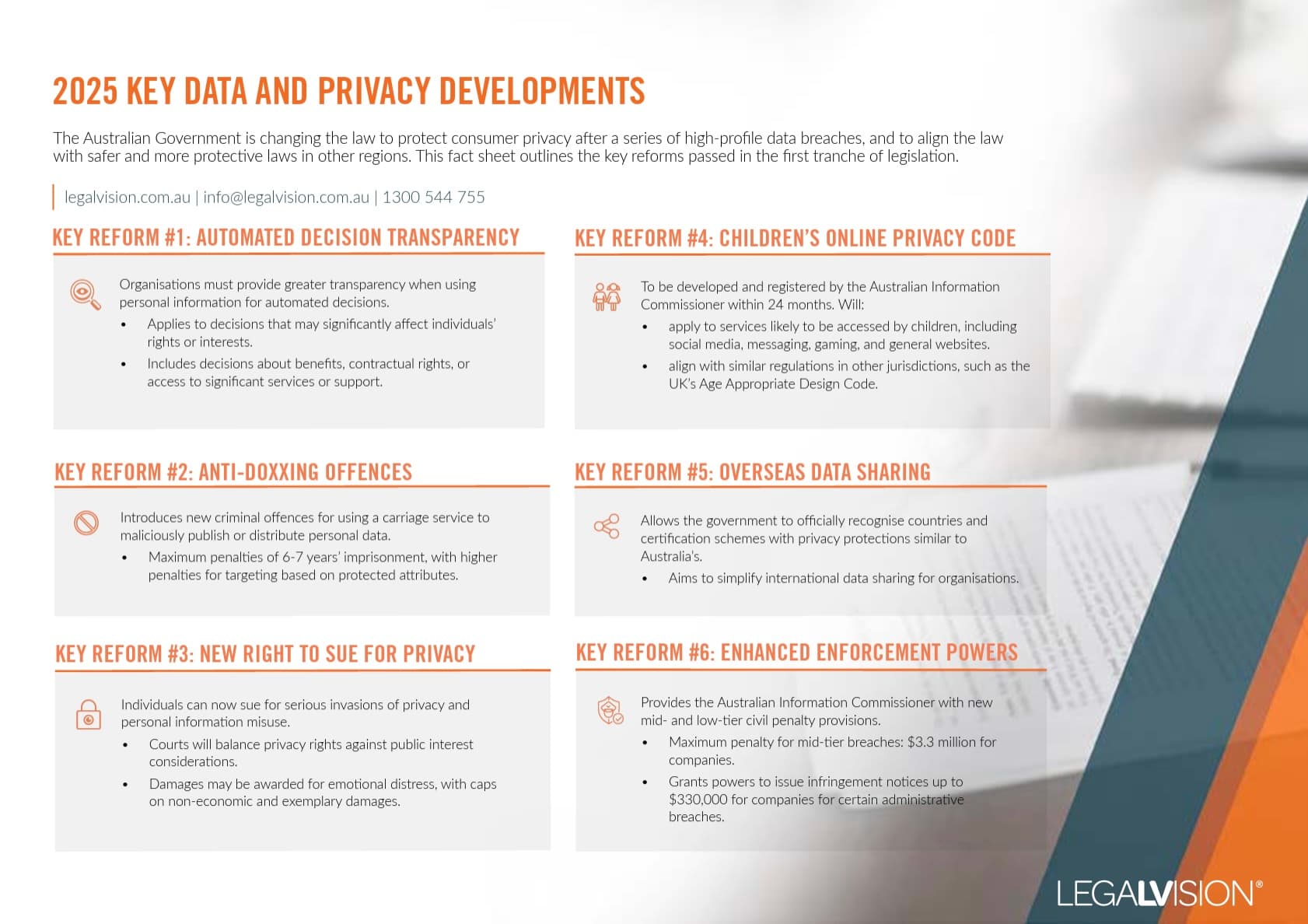As a FinTech business, you may provide a facility enabling individuals to make payments without physically delivering cash. Alternatively, your business can offer financial advice or sell such a facility to your customers. If this is the case, you may be dealing with a non-cash payment facility known as an NCP facility. You must comply with certain legal obligations unless an exemption or relief is applicable. This article explains NCP facilities and what they mean for your FinTech business when dealing with them.
What Are NCP Facilities?
The term “non-cash payment” means making a payment without using physical cash. A “facility” is an intangible property or an arrangement, including software or an agreement to make payments. Multiple arrangements can form a single facility.
An NCP facility allows non-cash payments. Examples of NCP facilities include:
- direct debit services;
- gift cards; and
- electronic bill payment services.
How Does Australia Regulate NCP Facilities?
The Australian Securities and Investments Commission (ASIC), a regulatory body in Australia, primarily oversees businesses offering financial services or payment service providers related to NCP facilities. If a business provides NCP facilities, it falls under the category of providing financial services. Therefore, it must comply with various obligations like obtaining an Australian Financial Service License (AFSL) and complying with the conduct and disclosure obligations.
Continue reading this article below the formLicensing Regime
Anyone who provides financial services in connection with an NCP facility must obtain an AFSL. Financial services include giving advice on the NCP facility or dealing with the NCP facility, such as selling the NCP facility to customers. ASIC is responsible for issuing AFSLs. They will only issue one if they are satisfied that the applicant has:
- the organisational capacity;
- education and training;
- adequate financial resources; and
- risk management systems.
Conduct and Disclosure Obligations
Any person who holds an AFSL to deal with an NCP facility must follow certain conduct and disclosure obligations. Suppose the AFSL holder offers a service connecting with NCP facilities to retail clients. In that case, they must prepare and provide documents such as the following:
- Financial Service Guide;
- Product Disclosure Document; and
- Statement of Advice.
These documents enable retail clients to make an informed decision before acquiring the NCP facility. ASIC provides clear guidelines on what you should include in such disclosure documents. For example, ASIC expects the issuers of NCP facilities to disclose any terms and conditions that the issuer can independently change, any associated fees whether these can change in the future and how the issuer will deal with any disputes.
Eligibility for Relief and Exempted NCP Facilities
ASIC generally shows flexibility when considering applications for relief. It considers several factors when deciding to grant relief, including:
- whether the Australian law intended to regulate the NCP facility as a financial product;
- if the NCP facility forms a significant part of the issuer’s business (ASIC is more likely to grant a relief where the NCP facility is not a solid part of the issuer’s business);
- the scale and complexity of the NCP facility (ASIC is more likely to grant a relief where the NCP facility is simple and well understood by retail consumers);
- the risks associated with the NCP facility; and
- whether it is likely for there to be an increase in the use of the NCP facility in the future.
ASIC may tailor any relief it grants with regard to these factors.

This factsheet outlines the Australian Government’s strengthened consumer privacy laws in 2025 following major data breaches and their alignment with global standards.
Key Takeaways
An NCP facility is any facility that allows non-cash payments. Examples include direct debit services, gift cards, and electronic bill payment services. NCP facilities fall under Australian law as a financial product unless there is relief or an exemption. Therefore, anyone offering financial services with an NCP facility must follow relevant legal obligations such as obtaining an AFSL and complying with conduct and disclosure obligations. If your FinTech business is dealing with NCP facilities, you must consider whether those legal obligations apply to you or if you qualify forrelief or exemption.
If you would like to understand if your FinTech business is dealing with an NCP facility, our experienced FinTech lawyers can assist as part of our LegalVision membership. For a low monthly fee, you will have unlimited access to lawyers to answer your questions and draft and review your documents. Call us today on 1300 544 755 or visit our membership page.
We appreciate your feedback – your submission has been successfully received.











